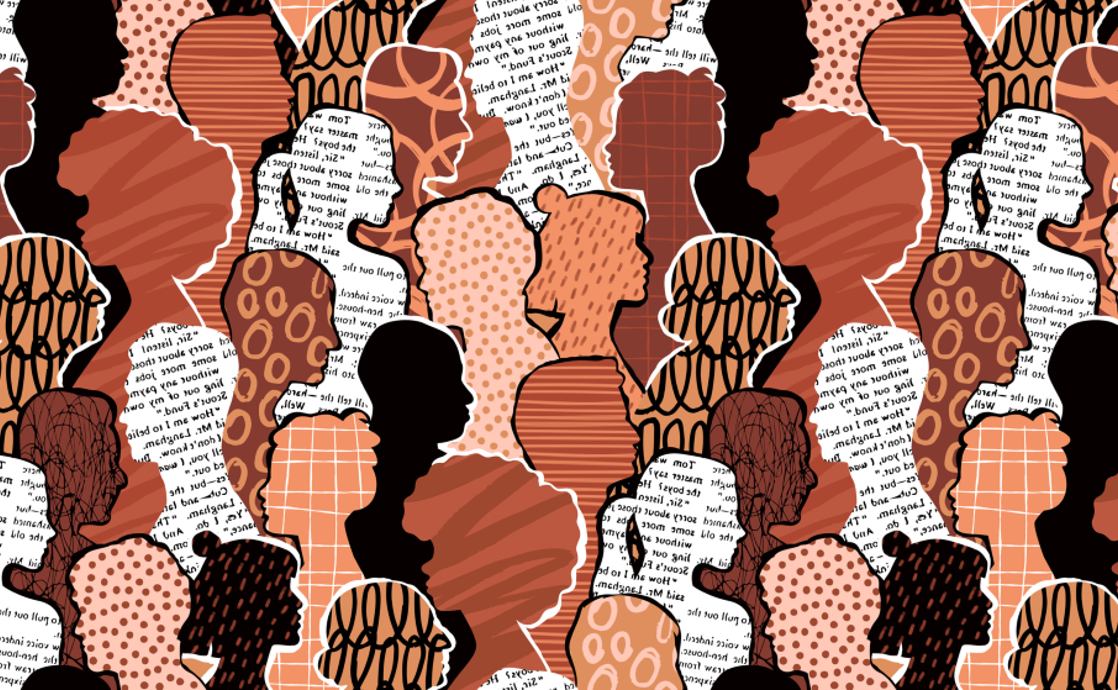In the intricate tapestry of human existence, the notion of community often evokes multifaceted interpretations. In a world marked by divisiveness and fragmentation, the Bahá’í teachings extend an invitation towards a paradigm of inclusivity – a vision of communities that do not merely coexist but encompass everyone, regardless of race, nationality, religion, or social status. This article endeavors to illuminate the profound tenets of Bahá’í teachings concerning the formation of such encompassing communities, while simultaneously fostering a shift in perspective about the very essence of communal living.
At the heart of this philosophical framework lies the principle of the oneness of humanity. This tenet posits that all individuals are created equal. The Bahá’í worldview challenges the historically entrenched notions of superiority and inferiority that prevail in various socio-cultural contexts. By recognizing the inherent dignity of every person, transformative changes can occur at both the individual and collective levels. A commitment to this principle encourages individuals to transcend their preconceived biases, which often serve as barriers to true inclusivity.
A paradigm shift begins with perception. Seeing the world through a lens of interconnectedness cultivates a deep sense of responsibility towards others. This is not merely an ethical obligation; it is an intrinsic recognition of our shared humanity. As individuals begin to understand their interconnectedness, the dichotomy between ‘self’ and ‘other’ begins to dissolve. Instead of fostering competition and isolation, communities built on these principles nurture compassion and acceptance, creating environments in which diversity is celebrated rather than merely tolerated.
In examining the practical implications of these teachings, one must consider the role of consultation in community building. Bahá’í principles encourage the practice of collective decision-making, rooted in mutual respect. This process of consultation is characterized by an open exchange of ideas, where each voice is valued equally. It stands in stark contrast to adversarial systems that prioritize power dynamics over collaboration. By fostering a culture of consultation, communities can harness the collective wisdom of their members to address common challenges, paving the way for innovative solutions that are reflective of the whole.
Moreover, the Bahá’í focus on education plays a crucial role in the development of inclusive communities. Education is viewed not simply as a means of acquiring knowledge but as a vehicle for moral and spiritual development. Through education, individuals are equipped to recognize and appreciate diversity, fostering a broader understanding of global challenges. As communities prioritize access to quality education, particularly among marginalized groups, the overall resilience and cohesiveness of society are enhanced.
Additionally, the teachings emphasize service to humanity as a profound expression of love and unity. Communities that embody this spirit of service become bastions of support and empathy. Acts of service, whether they are grand initiatives or simple gestures, foster a sense of belonging and attachment among individuals. Such communal engagements bolster social capital and weave individuals into a fabric of collective identity. Volunteerism, cooperative projects, and mutual aid are manifestations of this service-oriented mindset, encouraging citizens to actively contribute to the well-being of their neighbors.
As we delve deeper into the concepts underpinning inclusive communities, it is pertinent to highlight the significance of spiritual development. The Bahá’í teachings recognize that spiritual growth is intrinsically linked to community well-being. Spirituality, in this context, is less about individual enlightenment and more about the collective elevation of society. As individuals engage in spiritual practices that promote love, kindness, and unity, communities can evolve into sanctuaries that reflect those ideals. The fusion of spiritual and communal frameworks fosters a profound sense of purpose, motivating individuals to work together towards a common good.
Furthermore, addressing systemic inequities is paramount to building inclusive communities. The Bahá’í teachings advocate for systemic change that dismantles barriers to participation and recognition in society. By addressing issues such as poverty, discrimination, and social injustice, communities can cultivate an environment in which every individual can thrive. This requires a conscious effort to engage in dialogue about pressing social issues and to take actionable steps towards fostering equity and inclusion.
In the face of global challenges such as climate change and social unrest, the need for inclusive communities is more critical than ever. The Bahá’í perspective urges humanity to unite amidst diversity to confront these looming crises. Collective action, grounded in the principles of inclusivity and oneness, can engender resilience in communities, fortifying them against external threats. By recognizing the shared stakes that bind us, we can collectively navigate the complexities of a rapidly changing world.
The call to action is clear. Embracing Bahá’í teachings related to the creation of communities that encompass everyone necessitates introspection and commitment. It demands courage to challenge entrenched biases and the willingness to engage in sincere dialogue. As individuals, and as members of larger communities, there lies a unique opportunity to redefine our communal identities. By positioning inclusivity at the forefront, societies can illuminate the potential for profound transformation, inherently shifting perspectives towards a future of solidarity.
In conclusion, the vision of building communities that encompass everyone is not simply aspirational; it is a necessary endeavor for navigating the complexities of contemporary society. Drawing inspiration from Bahá’í teachings, individuals are called to foster an environment imbued with compassion, understanding, and equitable service. Embracing these principles can catalyze a future defined not by division, but by unity, where every individual is celebrated and included.
